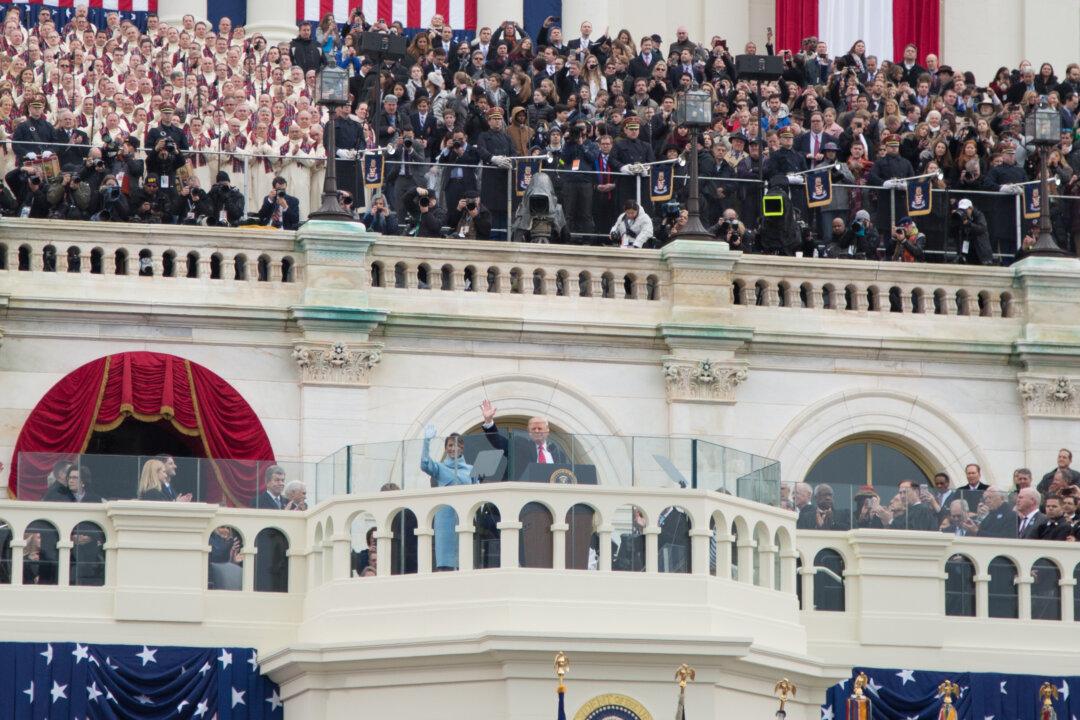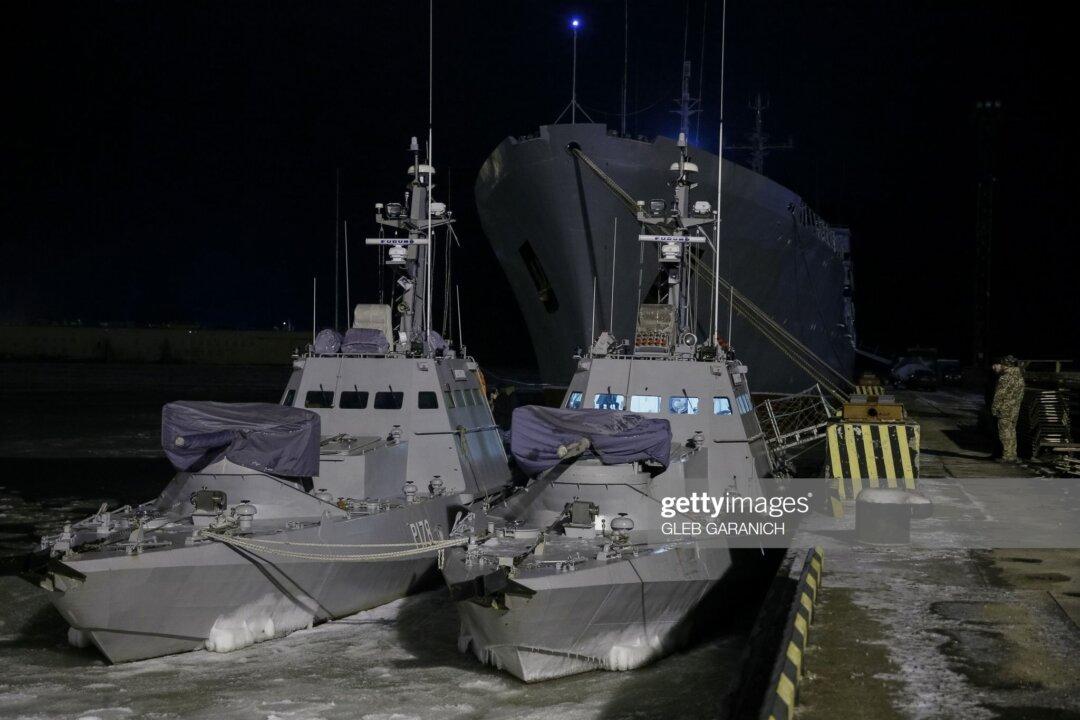Since the Nov. 9 election of Donald J Trump as the prospective (and now actual) president of the United States, Americans (and other nations) have puzzled over the election’s entrails.
The results were virtually totally unexpected. To be sure, there were scattered outliers predicting Trump’s victory, but almost without exception the cognoscenti predicted Hillary Clinton victorious.
They were embarrassingly wrong—and these are self-important types whose willingness to admit error is akin to Holocaust deniers.
Trump’s victory is all the more infuriating to Clinton supporters as, to put it politely, they consider him “unworthy.” They have battened on his every verbal infelicity and, driven by media hostility, (reciprocated by Trump in spades) are determined to brand his presidency as “illegitimate.”
Thus, one conclusion, we can instantly draw, even before more than a handful of his senior officials have been confirmed, let alone implementing policy, is the fury will not lessen, and Trump’s war with the media will rage unabated. The hoary political maxim was that you don’t fight with the media—they have “barrels of ink” and the last word. Social media has reversed this truism. Trump has 20 million Twitter followers, and the media has 14 percent popularity.
Undoing Obama. As president, Barak Obama proved remarkably unable to work productively with Congress. Once he lost absolute control of Congress in 2010 (after passing “Obamacare” without a single Republican vote), there was no willingness/ability to compromise by either Obama or his Republican opposition. Obama then resorted to executive orders and/or legal action to implement his desired policies in environmental protection, conservation, immigration, and civil rights for minorities, notably for LGBT persons.
So we can expect a steady stream of counter-actions, reversing the Obama executive orders. Some have already been implemented. For example, reinstating the Keystone and Dakota transit pipelines demonstrated commitment to expand American jobs and energy development. Canceling support for the Trans-Pacific Partnership and expecting we will open NAFTA for renegotiation lays down the marker that Washington expects more positive outcomes from trade agreements.
Other action, directed toward immigration and national security, has focused on concerns that real enemies will slither through casual immigrant/visa screening; a pause in visa issuance from questionable Islamic states is a starting point. Likewise, temporarily halting refugee admissions.
More basically, Trump will address the absurdity that the USA has 11 million illegal immigrants within our borders, often enjoying services designed for citizens only. A “wall” on our southern border is symbolic but will illustrate our commitment to secure borders.





